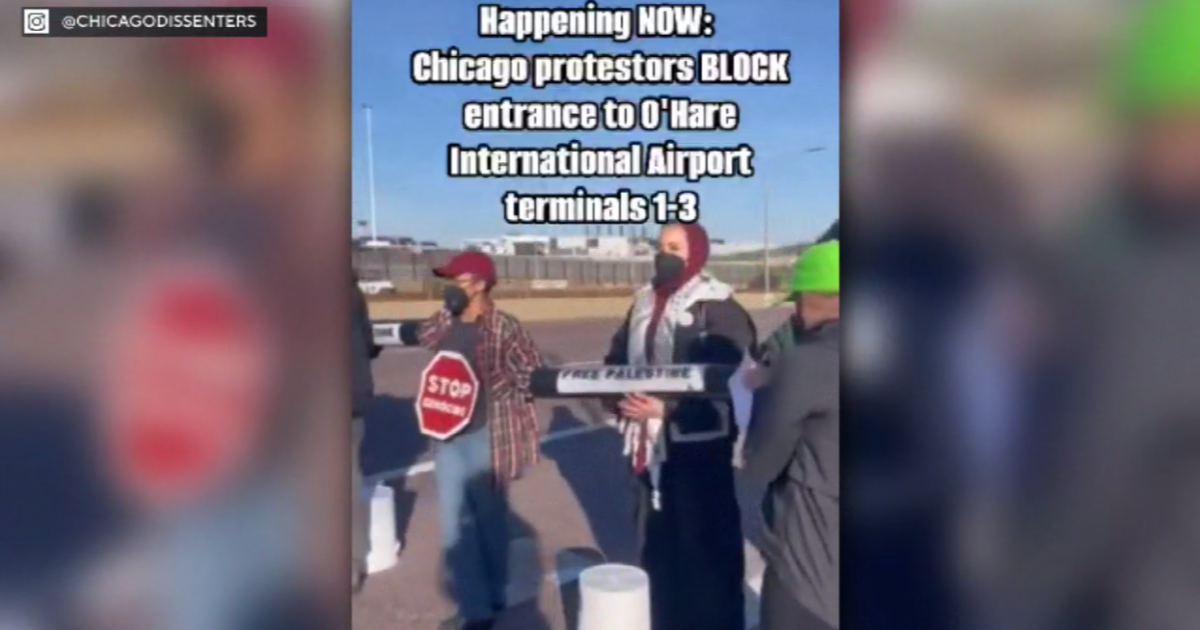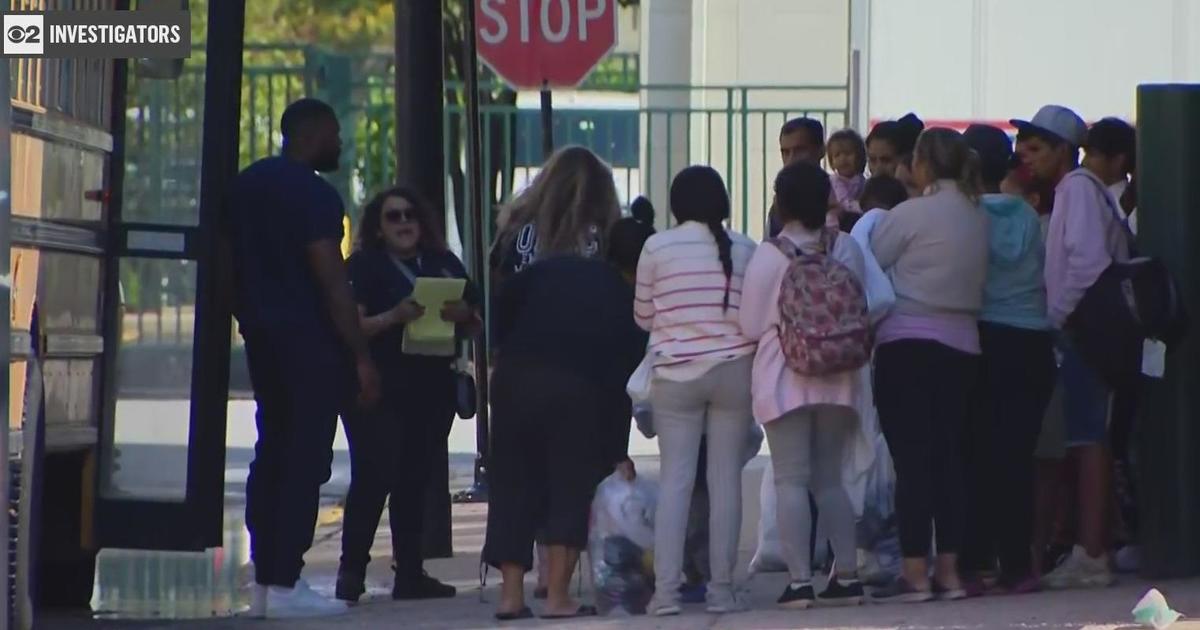No Deal To Delay Sequestration Cuts, Illinois Could Be Hit Hard
Updated 03/01/13 - 11 a.m.
CHICAGO (CBS) -- With no deal in sight to avoid $85 billion in automatic federal budget cuts – known as the sequester – airports could see delays; some public services might be disrupted in the coming weeks; and many federal workers could be forced to take lower pay, layoffs, or mandatory furloughs in the coming weeks.
President Barack Obama and Congressional leaders could not reach a deal to avoid the cuts in a meeting at the White House on Friday.
RELATED: Full Coverage From CBS News
Democrats have insisted on eliminating tax loopholes for wealthier Americans, while Republicans want a deal that focuses on spending cuts only. Both sides continued pointing fingers at each other after the White House meeting.
The president called the cuts "dumb and arbitrary" and said Republicans shouldn't have allowed the cuts to happen by opposing any deal that would eliminate federal tax loopholes that he called "wasteful."
"The president got his tax hikes on Jan. 1st," House Speaker John Boehner said bluntly after the meeting. "The discussion about revenue in my view is over. It's about taking on the spending problem here in Washington."
As the cuts start to go into effect, schools could lose significant funding; more than $50 million a year in Illinois. Approximately 70,000 children could be expelled from Head Start programs, while older students would be denied work-study jobs they need to help pay tuition.
Illinois hospital and research universities could stand to lose more than $38 million, and 700 jobs.
"There is no doubt in my mind that some of the cuts to medical research will have a direct impact on lives and the quality of lives," U.S. Sen. Dick Durbin told reporters at a news conference about the research.
Even senior citizens might not get enough to eat; the Meals on Wheels program would need to cut $700,000 from its budget.
Even if the sequester cuts can't be avoided Friday, government officials have to give federal workers a 30-day notice for furloughs. That means, in terms of government services, we won't start feeling the effects until April. That would also give the White House and Congress more time to come up with a deal to rescind any cuts that would result in furloughs or layoffs.
Republican Congressman Peter Roskam of the western suburbs said Obama Democrats like Durbin are to blame.
"We don't have to go back to taxpayers again, when there are absurd examples of waste and fraud. Sixty billion a year, according to federal studies that show waste in Medicare," he said.
A spokesperson for Durbin's counterpart in the Senate said Mark Kirk, a Republican, agrees the sequester is not an ideal mechanism to reduce the deficit but also believes it's irresponsible to avoid making cuts.
CBS 2's Susanna Song reports, with spring travel season just around the corner, many travelers were worried about longer lines at the airports, and major delays for their flights.
The White House has warned the sequester cuts would lead to major delays at airports, especially for flights to and from major cities. However, Republicans and some bipartisan experts disagree.
Even as early as 6 a.m., the security lines at O'Hare International Airport are very busy, but with sequester cuts to go into effect just before midnight Friday if there's no deal to avoid them, those lines could get much longer due to layoffs or furloughs for Transportation Security Administration workers.
If the sequester kicks in, the Federal Aviation Administration has said it likely will have to reduce late night shifts for air traffic controllers at 60 airports, and close 100 towers at small airports.
That could result in flights being cancelled or delayed up to 90 minutes during peak travel hours.
"It's going to be very painful for the flying public," said Transportation Secretary Ray LaHood. "As a former member of Congress, I heard complaints all the time from my constituents when their flights were delayed, or when their flights were cancelled, and this is going to have an enormous impact."
LaHood said, if the sequester goes into effect, flight delays would be inevitable, because there would be fewer air traffic controllers.
"Flights to major cities – like New York, Chicago, San Francisco, and others – could experience delays of up to 90 minutes during peak hours, because we have fewer controllers on staff. Delays in these major airports will ripple across the country," LaHood said.
Traveler John Lesh said the looming cuts make him upset.
"I think Congress should get their act together," he said. "I have to live between my means, but they should too."
Mai Markiewicz said, "It's very upsetting. I don't travel a lot, but when I do, I want to be able to get where I'm going. Actually, the waiting in line doesn't make me feel as bad as the not enough people, when you're in the air, for safety reasons."
(TM and © Copyright 2013 CBS Radio Inc. and its relevant subsidiaries. CBS Radio and EYE Logo TM and Copyright 2013 CBS Broadcasting Inc. Used under license. All Rights Reserved. This material may not be published, broadcast, rewritten or redistributed. The Associated Press contributed to this report.)



